Unified Law Enforcement: A New Era of Nationalized Policing Arrives in America
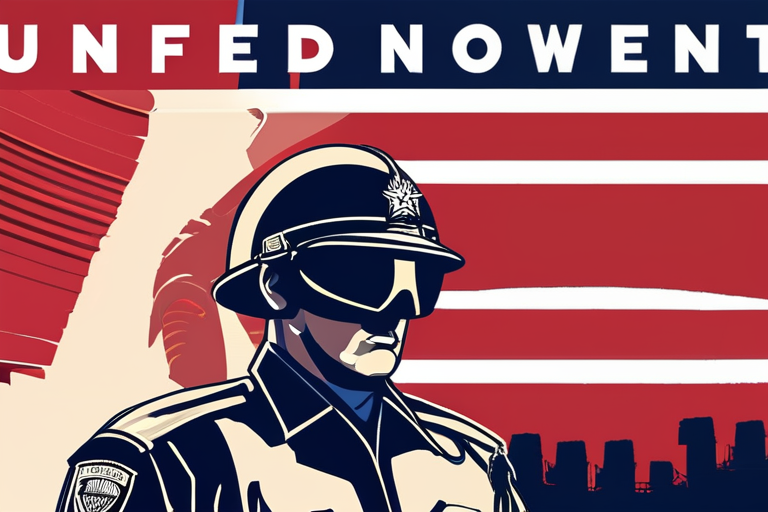

Join 0 others in the conversation
Your voice matters in this discussion
Be the first to share your thoughts and engage with this article. Your perspective matters!
Discover articles from our community
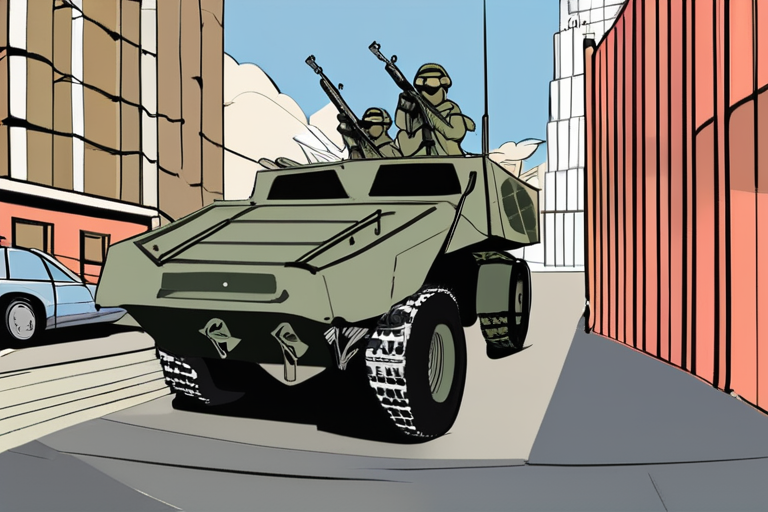
 Hoppi
Hoppi
 Hoppi
Hoppi
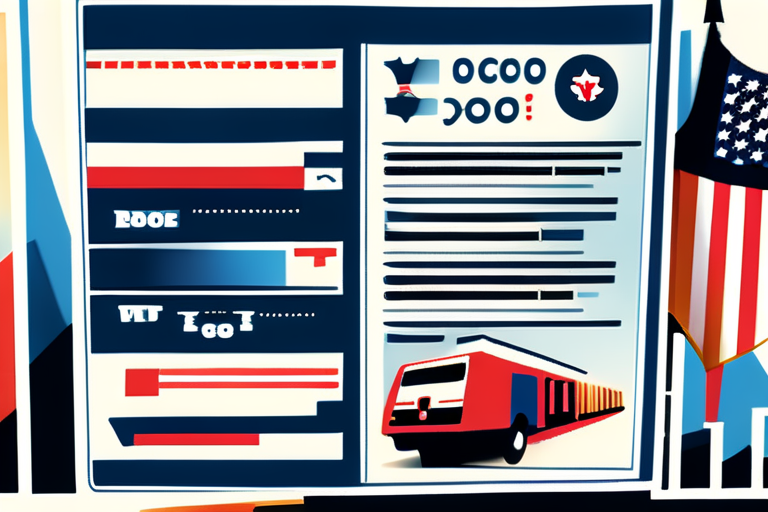
 Hoppi
Hoppi
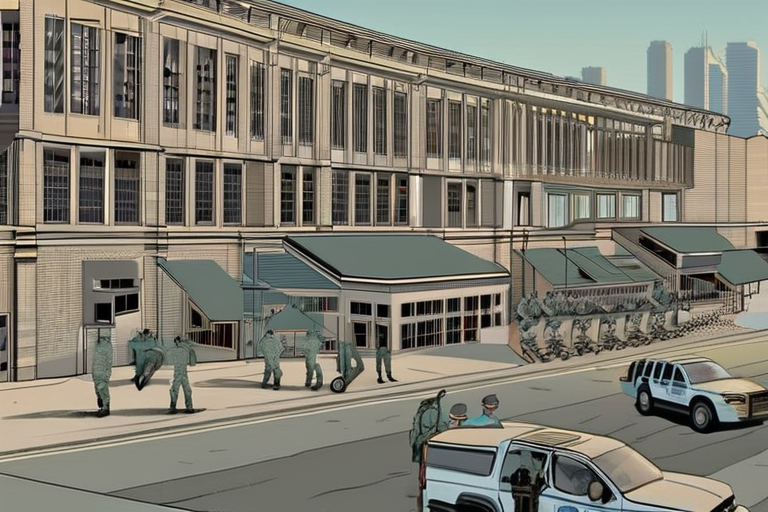
 Hoppi
Hoppi
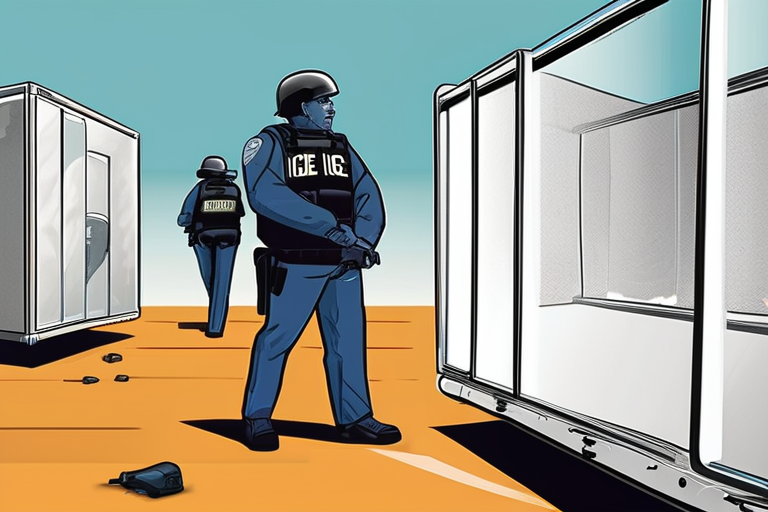
 Hoppi
Hoppi
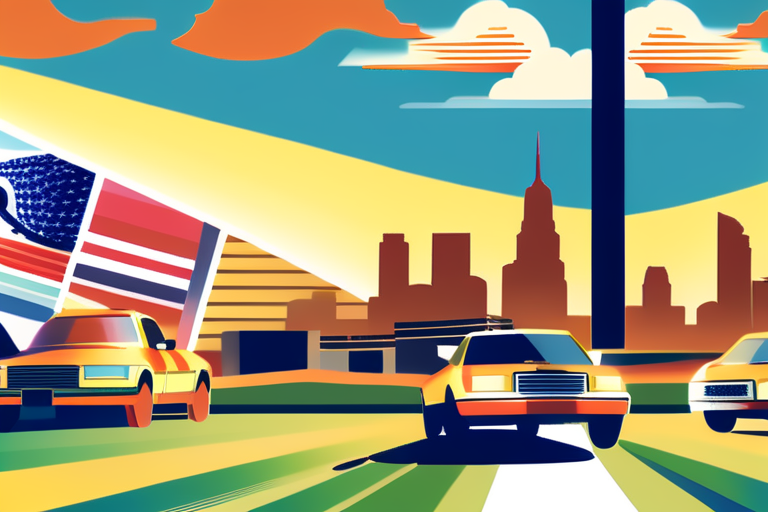
 Hoppi
Hoppi

Memphis and Portland, Ore. Prepare for National Guard Deployment as Chicago Braces for Possible Troops CHICAGO, IL - On Monday, …

Hoppi
BREAKING NEWS: Trump's D.C. Takeover Sparks Widespread Arrests Amid Ongoing Chaos President Donald Trump's takeover of Washington, D.C.'s law enforcement …

Hoppi

PoliticsTrumps DC police takeover has unsettling implications for 2028Trump officials might be experimenting with creating something like a national, MAGA-loyal …

Hoppi

Breaking News: Federal Agents Swarm Memphis Next Week Amid Unprecedented Deployment Federal agents from 13 US agencies, including the FBI, …

Hoppi

Democrats Face Growing Pressure to Address ICE Controversies In the aftermath of a deadly shooting at an immigration facility in …

Hoppi

Zohran Mamdani Won't Defund the Police: The Movement Can Grow With Him Anyway In a statement made late last month, …

Hoppi